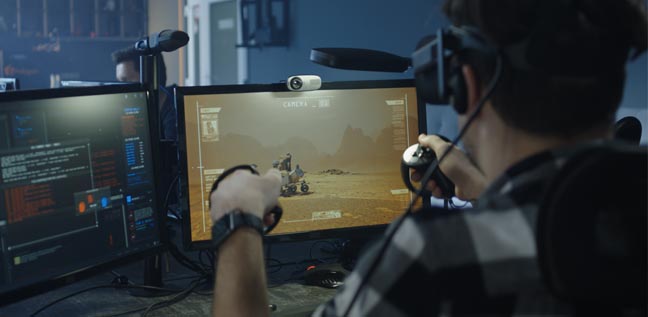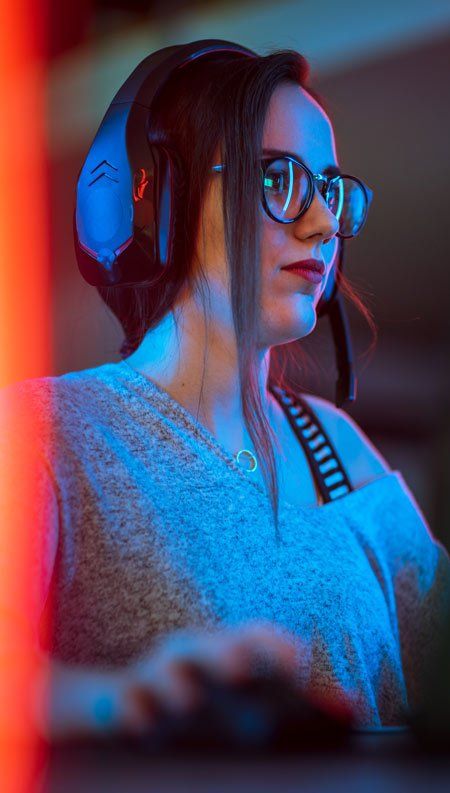Types of Contracts for Game Developers
During a long career in the gaming industry, it will become necessary to understand the various contracts available to developers. Of course, every developer will have specific contracts they prefer over others because everyone has a way to do their best work. However, regardless of preference, understanding what a contract entails before signing will prevent disappointment and potential legal issues.
Even standard contracts can differ somewhat based on the project or company that issues the document. A game developer lawyer can help people understand what each contract means for them. There are many versions of each contract type listed. Many other detailed agreements also exist that developers may need to consider as they go through their careers.
Independent Contractor Agreements:
Developers that want to maintain their creative freedom will typically remain independent contractors. That does not mean the work they do remains only in their hands until it becomes public. These contractor agreements can take many forms because they are often specific to the project in development.
The contract could include when specific parts of the project reach their completion and when the project ends. Payment amounts, conflict of interest concerns, and many other details go into the agreements between outside groups and independent developers.
Some offer the ability to renew for a longer creation time or a new project under the same terms. Many will also include deadlines where developers must complete the defined work or lose compensation. Many of the documents prevent the developer from taking clients they meet while working on the project. Some also prohibit sharing details of the project with anyone (a confidentiality clause).
Work-for-Hire:
Independent developers who think the prior agreements are too detailed and confining may prefer to use a work-for-hire document instead. In this instance, the developer typically works on their own on a project specifically for the client. As a result, the developer may not have the freedom to use the ideas and creativity as thoroughly as the work often needs to represent what the client imagined. Many of these agreements give all rights to the client after completion, so new developers may want to include the right to claim the work in their portfolio to show their abilities to other potential clients.
Option Contracts:
Developers with a large body of work may find these financial documents a common sight. Options enable developers to make money from other entities that use their work. In addition, options allow developers to sell the rights to use their work if there are no conflicting agreements with someone else.
Option agreements often only earn the developer money per user, making them profitable if the client chooses to use the material. However, the risk of competing contracts or assigning rights to work already under contract makes these seemingly simple documents more complex. Always discuss the terms with a game developer lawyer before signing to check the ownership of the rights and make sure the rates are fair.
Publishing Agreements:
Game developers also need to decide what type of rights the publishers will have. For example, the developer may want their creation shared everywhere, and the publisher may wish to have it on only one console. Exclusive or non-exclusive rights can allow the developer to have their work used in the way they desired.
Exclusive contracts
let the publisher only decide where the game becomes accessible. Non-exclusive rights keep the control more in the hands of the developer. Neither method guarantees higher profits, so each situation requires knowledge and study to handle it correctly.




